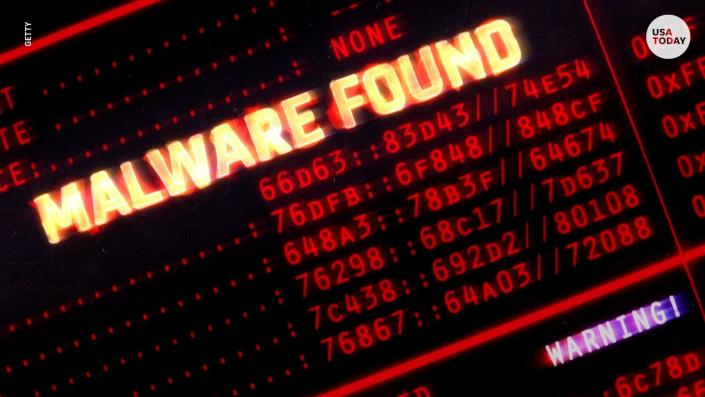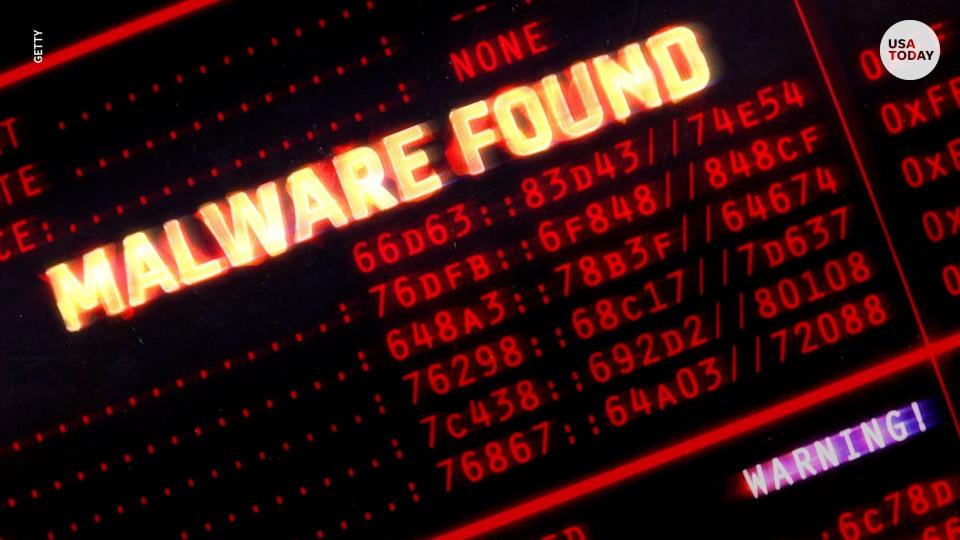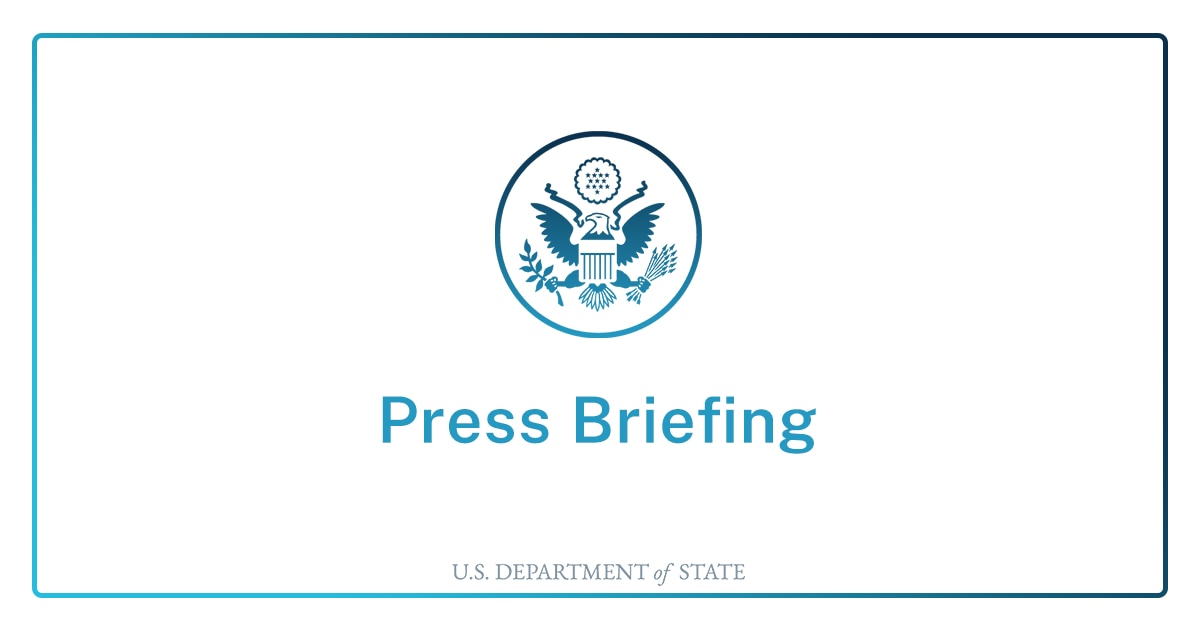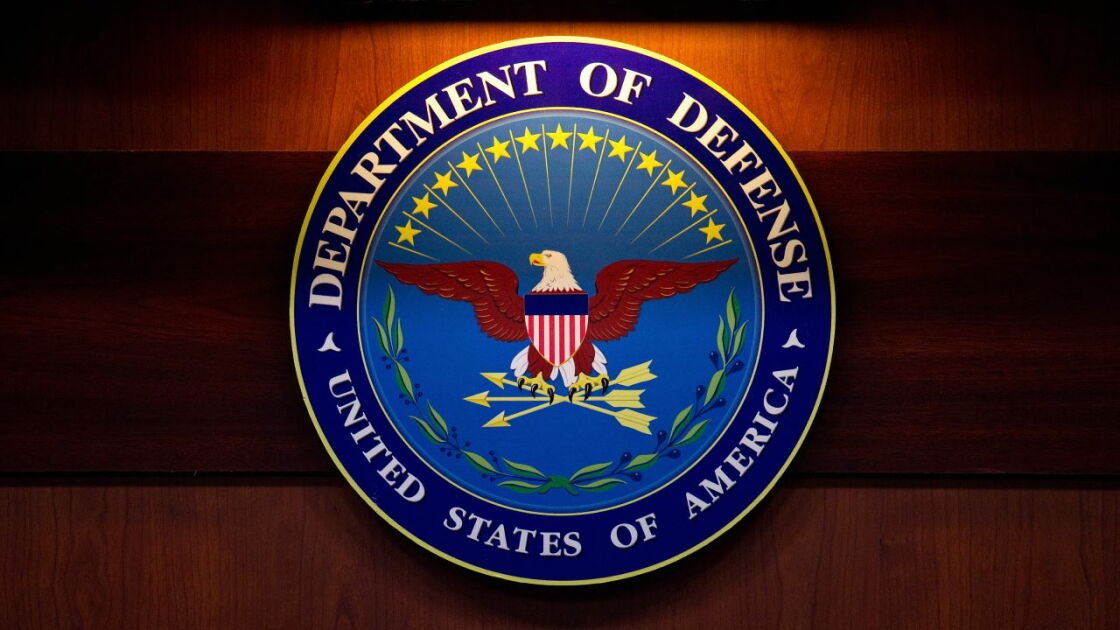Hackers took down U.S. airport websites, Department of Homeland Security confirms
Unknown hackers attacked and temporarily shut down the public-facing websites of at least several major U.S. airports on Monday, a Department of Homeland Security official confirmed to USA TODAY.
The official from DHS’ Cybersecurity and Infrastructure Security Agency, or CISA, declined to comment on who might have been behind what appeared to be a coordinated series of distributed denial of service (DDoS) incidents, which did not affect the actual operations of the airports or planes flying into and out of them.
“CISA is aware of reports of DDoS attacks targeting multiple U.S. airport websites. We are coordinating with potentially impacted entities and offering assistance as needed,” said the official, who declined to speak on the record or provide any more information about the cyberattacks and who might have been responsible.
Russian-speaking “hacktivists” from a group calling itself KillNet claimed responsibility for the attacks, which took down websites at 14 airports, including Hartsfield-Jackson Atlanta International Airport (ATL) and Los Angeles International Airport (LAX), according to the official Twitter account of the Russian service of the Voice of America.

DDoS attacks are used to overwhelm computer servers by sending them many thousands of requests at the same time, according to CISA. In this case, the servers hosting the airport sites were swamped with thousands of requests, making it all but impossible for travelers to connect and to get updates about their scheduled flights or book airport services, according to Frank Cilluffo, a former White House cybersecurity official.
Smart analysis delivered to your inbox: Sign up for the OnPolitics newsletter
Cilluffo said such attacks usually are intended to generate attention rather than to cause significant destruction or even disruption, such as taking down airport operations.
“But they are not trivial and in this case they could be the beginnings of a larger trend,” said Cilluffo, director of the McCrary Institute for Cyber and Critical Infrastructure Security at Auburn…




 Readers’ Choice Awards 2021: Antivirus Software and Security Suites
Readers’ Choice Awards 2021: Antivirus Software and Security Suites